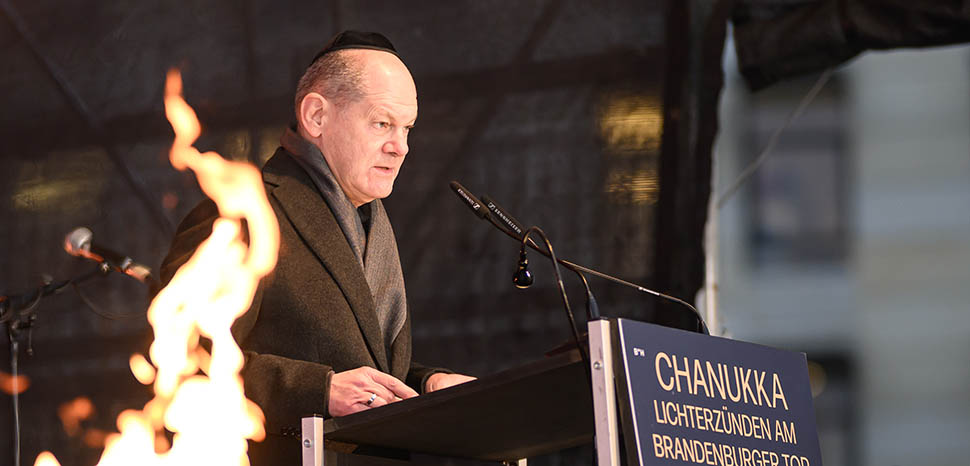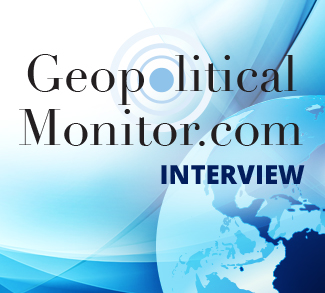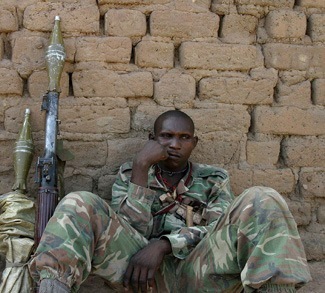Can my friend’s enemy be my friend?
Germany considers itself Israel’s full-fledged and loyal supporter. This policy, unlike others, isn’t just talk: Berlin does indeed support Tel-Aviv, ranging from diplomatic support to economic cooperation. Former Chancellor Angela Merkel went so far as to name the Israeli partner as a Staaträson (reason of State) and a vital ally. Successor Olaf Scholz has followed suit, namely by opposing certain ceasefire resolutions which he considered excessively favorable to Hamas, and detrimental to Israel.
But simultaneously, Germany has gotten quite chummy with Qatar over the years, and even more so recently. As Europe is writhing to get out of the Russian gas vice, Germany has turned to alternative suppliers, and Qatar is one of them. In addition, the German high-tech economy is in constant search of high-wealth partners and clients, many of whom are in the Middle East and Qatar specifically.
Qatar, with its opulent wealth, is a major investor in Germany’s economies, both the historical one (such as automobile producers and the like) and the new, greener, cleaner one which is underway. Clean Energy Wire reporter Carolina Kyllman writes: “Germany requires investments of around 600 billion euros to achieve its 2030 energy transition targets, while current investment volumes remain too low, according to a joint progress report by the German Association of Energy and Water Industries (BDEW) and consultancy EY.” Around 25 of those billions have already been provided by Qatar. In its attempts to liberate itself from the trap of Russian gas, Germany has understandably developed strong import and investment ties with Qatar, to supply itself with a less diplomatically complex source of energy.
And the economic ties go far beyond energy. Rheinische Post summarizes that: “RWE Qatar’s sovereign wealth fund has been the largest individual shareholder in the Essen-based energy group RWE[…] Deutsche Bank Qatar has a stake of almost eight percent in the German financial leader [and] Volkswagen Qatar holds 17 percent of the voting rights in Germany’s largest car manufacturer through Qatar Holding.” So far, so good; Berlin’s dealings hover between business-as-usual and the standard Realpolitik of a country running its affairs. Indeed, Germany doesn’t entertain close relations with Israel only.
That Germany would have multiple contacts throughout the world is not only understandable, but also a positive thing. However, this situation, and the relative calm that characterized international relations up until October 7th, was suddenly upset by the onslaught of the Hamas on Israeli territory. Dealing with a country with such a poor human’s rights track record was tricky enough for Germany. But what happens when a business partner openly takes sides against Israel? Apparently, nothing.
October 7th hasn’t changed much for Berlin’s foreign policy
Observers could have understandably expected a stronger German reaction to Qatar’s enmity towards Israel. Instead, Germany remained relatively quiet, in a way that suggests it is not ready to upset Qatar, even if that means protecting Israel’s interests in a less forceful way.
Verbally, Germany has loudly expressed its support for Israel. On 17 October 2023, German Chancellor Olaf Scholz traveled to Tel-Aviv, and has since repeatedly reaffirmed Germany’s friendship towards Israel.
However, if there is a perspective where Germany’s awkward position is conspicuous, it is that German economic interests have right of way over Israel’s existential security. If Berlin’s true choice of heart is the support of Israel, then why did Germany send considerably more weapons to Qatar, during the last decade, than to Israel, despite knowing about Qatar’s hostility towards the Jewish State?
Between 2012 and 2020, Qatar received considerably more military equipment than Israel did, from Germany. This begs the question: Is this strictly business or do the arms sales embody political rapprochement? Also, does decency not come into play, when arming countries which are openly hostile to Israel, considering the German past with the Jewish nation?
We now see Olaf Scholz taking a staunch verbal position in favor of Israel, much like his predecessor, but maintaining warm backchannels with a direct opponent of Tel-Aviv. Does Berlin now have two reasons of State?
Loyalist policies confronted to Realpolitik
The rub lies in Germany’s dependence on Qatar’s energy, Doha’s economic infiltration, and Berlin’s unwillingness to endure the consequences of re-aligning its stated objectives with its actual foreign policy.
Berlin seems to be giving different treatments to countries which support the Palestinian group. Words of support are being spoken, but it seems to change little or nothing to Berlin’s actual foreign policy.
Berlin has emitted verbal criticism towards Turkey, for their support of Hamas. Erdogan recently called Israel a “terrorist state” intent on destroying Gaza with all of its residents and dubbed Hamas militants “resistance fighters” justified in their self-defense. AP Geir Moulson reports how those and similar comments have appalled politicians across the spectrum in Germany. Scholz himself has described Erdogan’s accusations against Israel as ‘absurd’: “It’s no secret that we have, in parts, very different views on the current conflict,” Scholz said at a brief news conference alongside Erdogan before their talks. Such words are seldom heard in German diplomacy and indicate that Berlin is pounding the table against Turkey. But for Qatar, the treatment seems quite different.
PM Olaf Scholtz’s tone is conciliatory and justifies turning a blind eye towards Doha supporting Hamas. Scholz defended his meeting with the emir – which had already been announced ahead of the Hamas attack on Israel – during a speech in the Bundestag on Thursday, saying that Qatar had ‘an important mediating role, which it is also usingm,’ as reported by foreign policy analyst Lydia Gibadlo. “It would be irresponsible not to use all contacts that can help in this dramatic situation… we are doing this in close coordination with Israel and for those who have been kidnapped by Hamas,” Scholz said.
It’s also true that diplomacy is about talking to people and building bridges. In other words, Berlin is choosing to remain partners with Qatar, despite the elephant in the room. The German president maintained etiquette and a positive stance towards Qatar during his visit, stating: “I am sure that Qatar will do everything in its power to get the German hostages released.” We understand that there are no guarantees in such a difficult negotiation situation”, despite the diplomatic faux-pas. Is Qatar in such a position of power over Berlin that it can afford to make the president wait?
Turkey, despite strategic interests somewhat closer to Israel’s (Ankara and Tel-Aviv worked alongside one another, for instance, in sending international aid to Azerbaïjan during the recent flare-up), is taking more vocal opposition and actual counter-measures from Berlin. Foreign minister Annalena Baerbock’s last visit to Turkey was the scene of a staunch speech against Turkey’s establishment, whereas Doha was treated graciously. Baerbock has separately stated that “LNG supply from Qatar to Germany… will help us diversify our energy sources in Germany … we want to stabilize energy supply through the relationship with Qatar.” Qatar supplies some two million tons of gas to Germany, annually, which Berlin cannot afford to jeopardize.
But a few prominent figures are voicing their concerns about the incoherence. Some German political figures fail to understand or accept how Germany can be Israel’s ally as long as everything is fine, and falter precisely when Israel needs help. German deputy Leif-Erik Holm declares: “In order to become less dependent on Russian gas, the German government is putting itself at the mercy of the sheikhs,” warning his government about the risky strategy. He, and others, are calling for a more effective and coherent, and less rhetorical, foreign policy in the Middle East. Ex-minister-president Armin Laschet called upon foreign minister Annalena Baerbock during a Bundestag session, stating: ”Since 2020, there have been four new countries that say “we recognize Israel” – Morocco, Bahrain, the United Arab Emirates and Sudan. We need to get more involved here in those countries that are willing to cooperate. And the others? Qatar?” In a nutshell, Berlin’s two-tier foreign policy regarding this matter isn’t sitting well with everyone in Germany, including Jewish authorities.
The views expressed in this article belong to the authors alone and do not necessarily reflect those of Geopoliticalmonitor.com.




